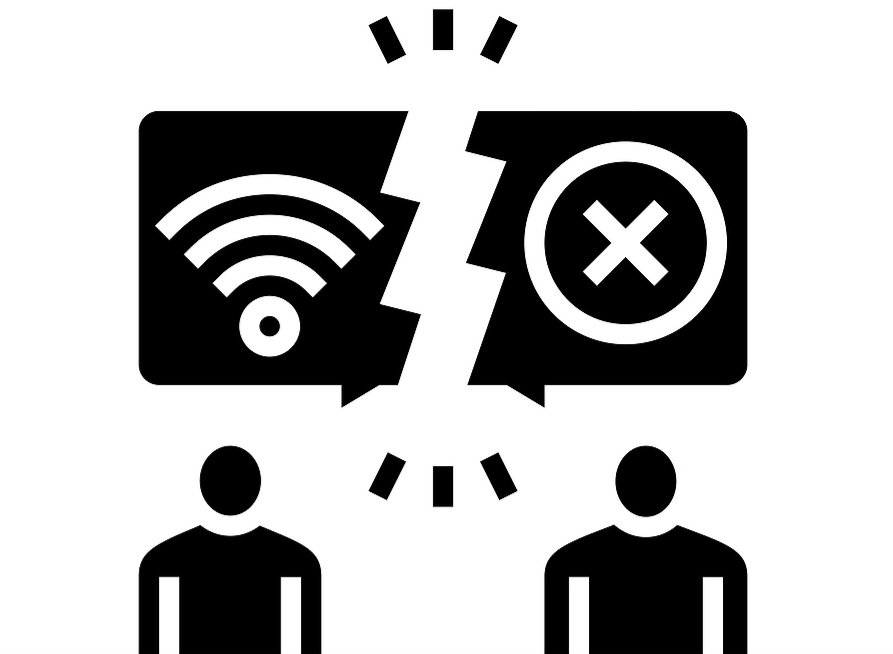Practice
From Student Intern to Professional: Transition Smoothly Into Social Work Practice
If you're a student intern moving into professional social work, you might have many questions about what to expect, where to find mentors, and how to find the right job. This guide offers you practical advice your new career. Read more
What About Social Justice? Wage Equity for Social Workers
It is important to recognize that approximately half of degreed social workers are earning less than the median yearly income. As a result, many social workers are living below the living wage needed to support a household of two or more persons. Read more
Identifying and Responding to Resistance Around Conversations About Diversity, Equity, and Inclusion
As the social work profession continues to engage in difficult dialogues about diversity, equity, and inclusion, many are facing resistance to this work. Resistance presents in denial-oriented, disengaged, and derailing approaches. Read more
Preparing To Work in and Change Courtrooms and Carceral Settings: The Latest in Forensic and Criminal-Legal Social Work Practice
Forensic social work, also known as criminal-legal social work (or juvenile-legal social work for those focusing on work with system-involved youth), is a growing area of practice. Read more
What About Social Justice? Bridging the Digital Divide Gap
The digital divide is a social justice problem. Social workers must incorporate digital inclusion strategies into their practices by making sure that services, data, and resources are available to all. Read more
COVID-19 Vaccine Hesitancy: How Social Workers Can Support Children and Families
By exploring thoughts about vaccine ambivalence and social barriers, then offering education, social workers can help parents make informed healthcare decisions for their children. Connect to End COVID-19 has resources for social workers. Read more
Eating Disorder Treatment: What Social Workers Need to Know
A perfect storm for the development of an eating disorder includes six interrelated factors. Here is what you need to identify and understand how these factors express themselves uniquely in each client and create effective interventions. Read more
MSW Students Support Juvenile Justice Reform: Service-Learning and an Avenue to Career Development
Dr. John Gallagher, Associate Professor at Morgan State University, a historically Black university (HBCU) in Baltimore, MD, developed a service-learning juvenile justice class to support students in exploring their career goals. Read more
Breaking Barriers to Accessible Virtual Social Work Supervision
Supervisors and new practitioners want guidance to break barriers in remote supervision. This article highlights key concepts to establish quality and accessibility in this mode of supervision and proposes a model of “pay it forward” supervision. Read more
What About Social Justice? Confronting Workplace Maltreatment
Social workers are in key leadership positions to create policies and practices to confront workplace maltreatment, respond to the needs of survivors, and promote a healthy work environment. Read more
Want to reach social workers & social work students?
Contact Linda Grobman about advertising and marketing opportunities.
Great gift book for social work graduates!










Readers React
Debra Brooks on
Self-Care A-Z: Think Self-Care Always Feels Good?
Kavita Rajput y on
Your Social Work Career Coach — A Message for Our Social Work Graduates: Your Legacy Starts Here
Lucinda on
Conversations on Social Work Careers: On Taking and Retaking Social Work Licensing Exams - With Susan Mankita